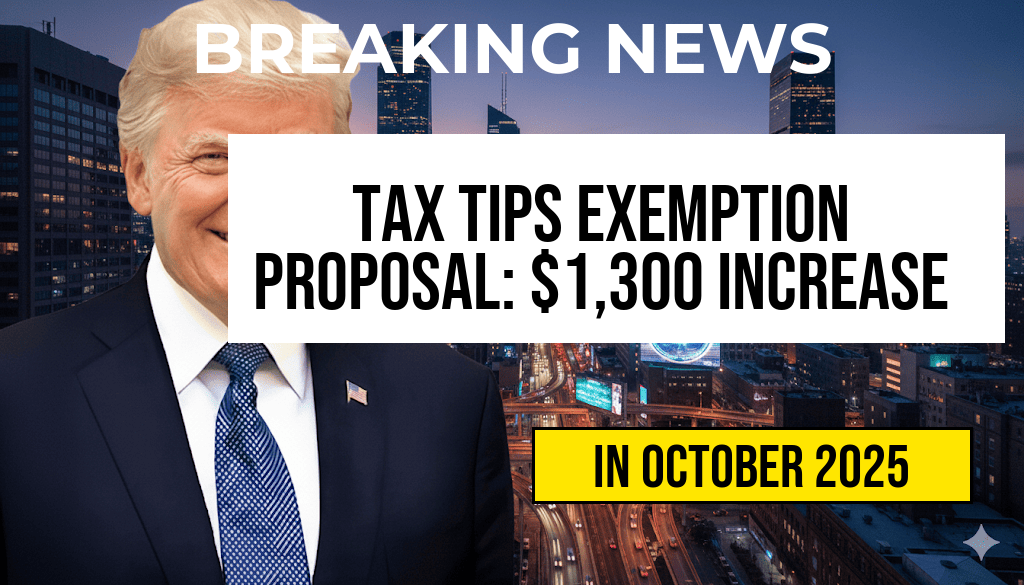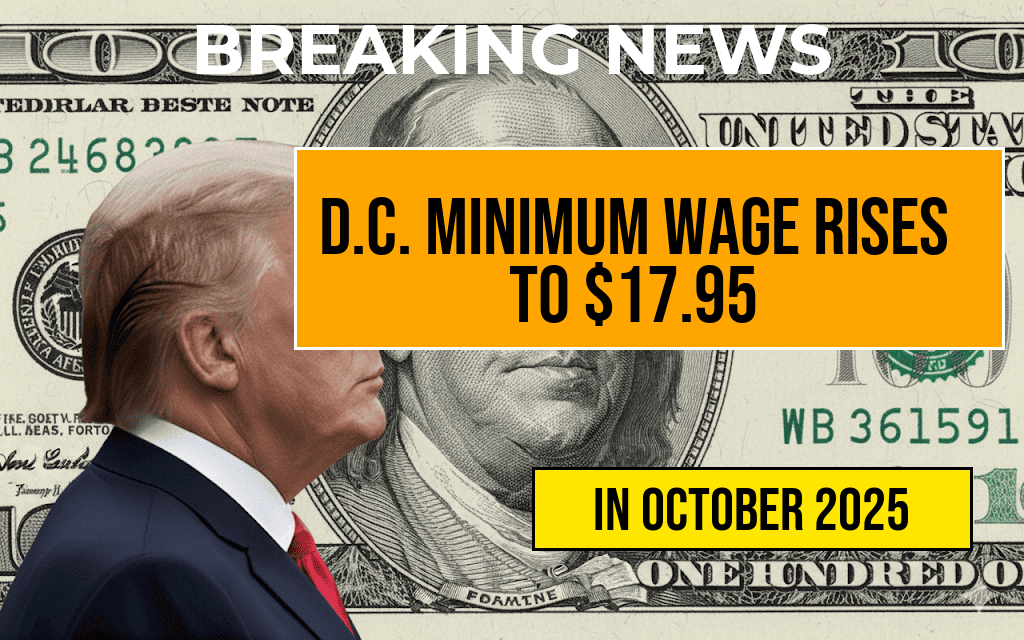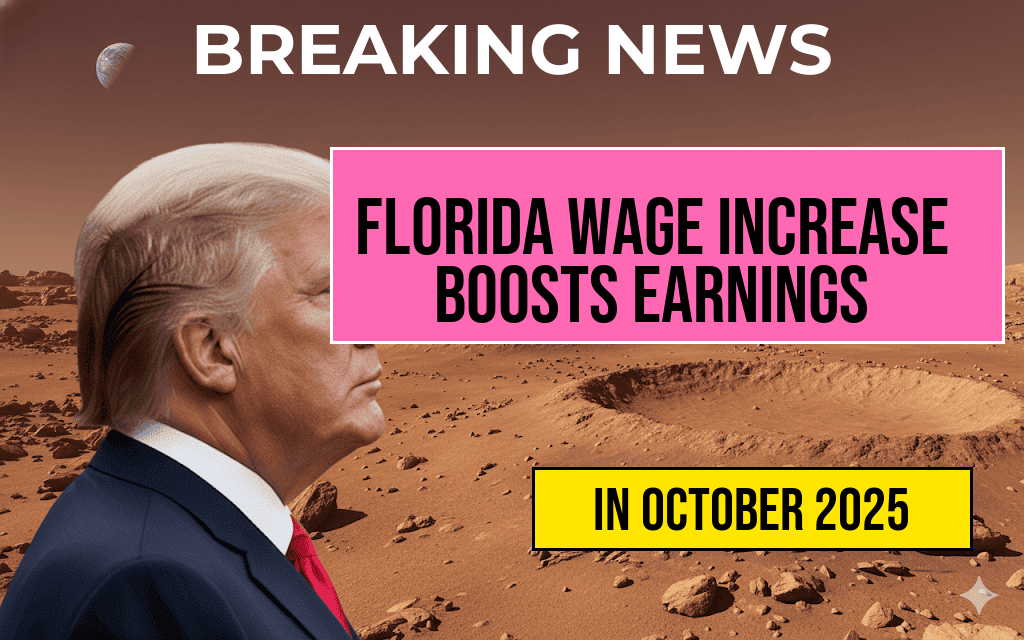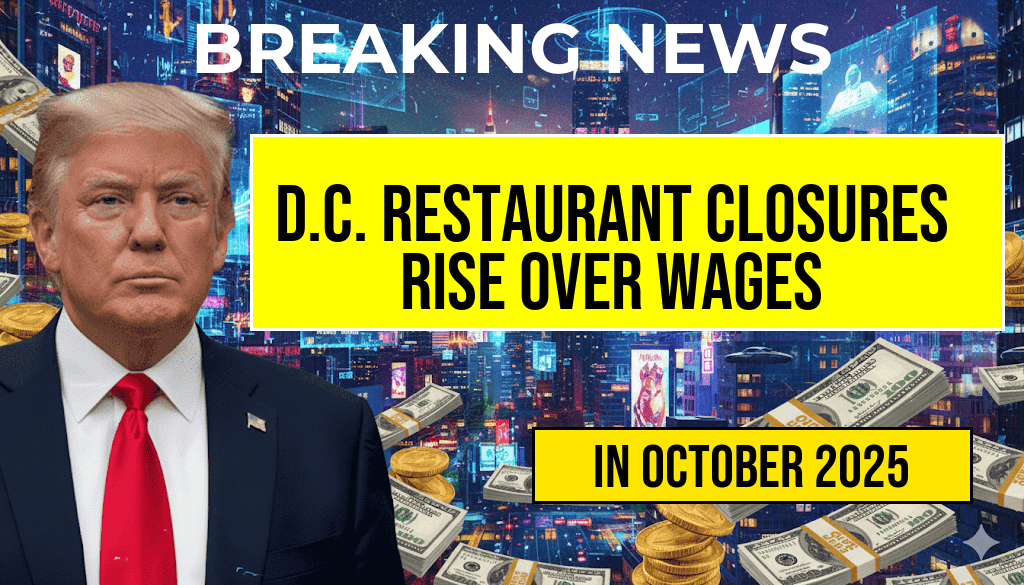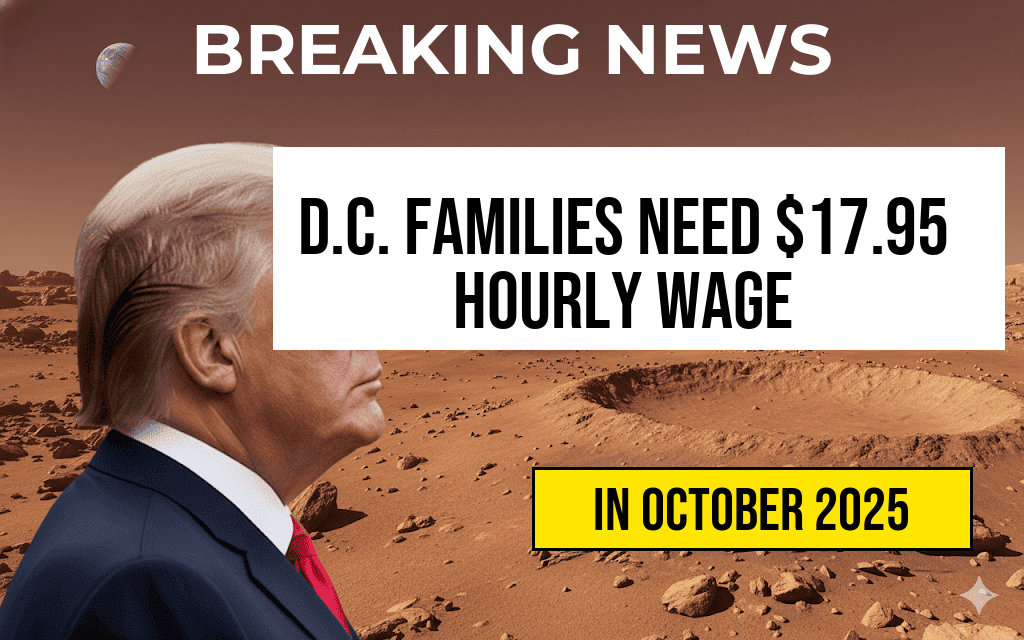D.C. Minimum Wage Increases to $17.95, Boosting Worker Earnings Annually by Nearly $1,000
The District of Columbia has implemented a new minimum wage rate of $17.95 per hour, marking a significant increase aimed at improving living standards for thousands of low-wage workers. This adjustment, effective immediately, raises the minimum pay by $0.45 per hour compared to the previous rate of $17.50. Over the course of a year, this increase translates to an additional income of approximately $936 for full-time workers, based on a standard 40-hour workweek. The move aligns with ongoing efforts by local officials to address economic disparities and promote fair wages amid rising living costs in the nation’s capital.
Details of the Wage Adjustment
| Previous Rate | New Rate | Hourly Increase | Annual Additional Earnings (Full-time) |
|---|---|---|---|
| $17.50 | $17.95 | $0.45 | $936 |
The increase reflects ongoing commitments by D.C. policymakers to phase in higher wages, particularly for workers in retail, hospitality, and service sectors where low wages are prevalent. This adjustment is part of a broader initiative to combat economic inequality and ensure that workers can meet the rising costs associated with housing, transportation, and healthcare within the city.
Context Behind the Wage Hike
The District’s minimum wage has steadily risen over recent years, with local regulations aiming to reach $15.00 by 2020 and subsequent incremental increases. The latest adjustment to $17.95 is part of a larger plan to reach a target of $20.00 per hour by 2026, as outlined by the D.C. Department of Employment Services. The phase-in schedule considers economic conditions and feedback from stakeholders, including business associations and worker advocacy groups.
According to the [U.S. Bureau of Labor Statistics](https://www.bls.gov/), the District maintains a higher minimum wage than many neighboring jurisdictions, reflecting its status as a hub for government, politics, and high-income professionals. However, the cost of living in D.C. remains among the highest in the country, prompting ongoing debates about the adequacy of current wage standards.
Impact on Workers and Employers
For workers earning the minimum wage, the increase provides tangible financial relief. A full-time employee working 40 hours per week will see an additional $936 annually, which can help offset expenses such as rent, utilities, and transportation. For part-time workers, the benefits are proportionally smaller but still meaningful.
Employers in the city are adjusting their payrolls accordingly. Small businesses, particularly in the service industry, have expressed concerns about increased labor costs, but many acknowledge that higher wages can lead to improved employee retention and productivity. Larger corporations often absorb these costs more easily but remain attentive to the broader economic implications.
Broader Economic and Policy Considerations
Advocates argue that raising the minimum wage reduces poverty and stimulates local economies, as workers tend to spend additional income within their communities. Critics, however, caution that higher wages could lead to increased automation or higher prices for consumers.
The District government has emphasized its commitment to supporting small businesses through various programs and grants aimed at offsetting wage-related expenses. Additionally, policymakers continue to monitor labor market data to assess the impact of wage increases on employment levels and economic growth.
Looking Ahead
The scheduled progression toward a $20.00 minimum wage by 2026 underscores the city’s dedication to economic equity. As the wage continues to rise, discussions around workforce development, affordable housing, and social safety nets are expected to gain prominence.
For more information on the city’s wage policies and upcoming economic initiatives, visit the District Department of Employment Services website or explore details about minimum wage laws on Wikipedia.
By increasing its minimum wage to $17.95, Washington, D.C., reaffirms its focus on fostering a fair labor market that aligns with its cost of living and economic ambitions. The wage hike marks a step toward ensuring that workers can better support themselves and their families amid the evolving urban landscape.
Frequently Asked Questions
What is the new minimum wage in D.C.?
The minimum wage in D.C. has increased to $17.95 per hour, effective immediately.
How much will workers earn annually with the new minimum wage?
Based on a full-time schedule, workers will earn approximately $936 more annually due to the wage increase.
When did the minimum wage increase take effect?
The minimum wage increase to $17.95 per hour was implemented on the effective date specified in the article, ensuring workers start earning the higher rate immediately.
Who is affected by the minimum wage increase?
The increase impacts workers earning the minimum wage across various industries within D.C., supporting fairer compensation for low-wage earners.
Are there any future plans for minimum wage adjustments in D.C.?
While this article focuses on the recent increase, D.C. has ongoing discussions and plans for future minimum wage adjustments to keep pace with economic changes and living costs.

